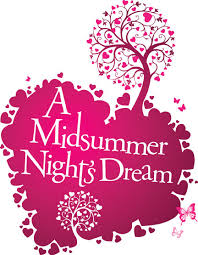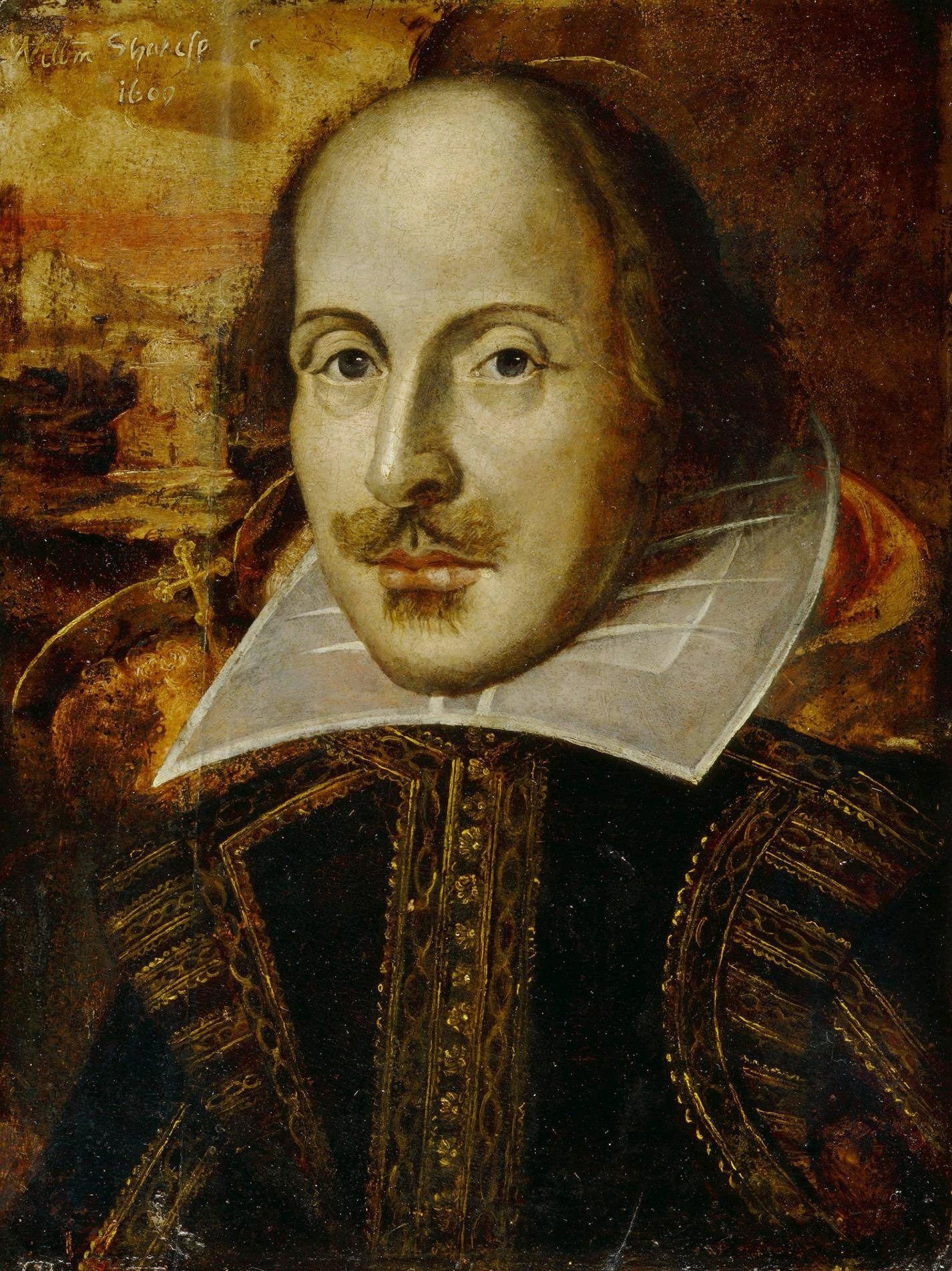There is no individual writer who has wielded greater influence than Shakespeare over the English language. Understanding Shakespeare’s language may be difficult at times.
He constantly satirized linguistic and stylistic fashions among his contemporaries and experimented with all kinds of innovations, dialectical adaptations and archaisms which enriched the English language.
Understanding Shakespeare’s Language- Characteristics
One of the chief features of Shakespeare’s writing was his use of the English language to individualize the characters in his plays.
In this context, Shylock deserves special mention as Shakespeare’s most interesting creation for his language was different from that of anybody else’s. He had his Old Testament at his finger’s end and used biblical words which were found nowhere else like synagogue, Nazarite, publican and so on.
The most characteristic feature of Shakespeare’s use of English language is his boldness which can be observed in his usage of striking metaphors like the one of a dropsical body used to shed light upon the disorganized state of Macbeth’s party in “He cannot buckle his distempered cause with the belt of rule”; striking phrases like ‘Pink of courtesy’ in Romeo and Juliet and ‘Hoist with his own Petrard’ in Hamlet and the coinage of a host of new words like incardine, enthrone, blood bolter’d in Macbeth, pheeze in The Taming of the Shrew and so on.
He formed a lot of new words by adding prefixes and suffixes and made new effective poetic compound adjectives like ‘daring-hardy’, ‘happy-valiant’ and fashioned nouns from verbs such as ‘fathere’d’, ‘spaniel’d’ and so on.
Shakespeare often did not care about grammatical parallelism which resulted in usages like ‘the whole ear of Denmark’, ‘no mind of feasting forth’.
Another trait of Shakespeare’s language was the proximity of his poetical diction to his ordinary prose which he achieved without stepping outside his ordinary vocabulary and grammar and by using then colloquial words like thou, thee, ‘tis etcetera.
Because of these striking and innovative features, understanding Shakespeare’s language is probably difficult, but we can’t deny that it’s iconoclastic and enriched.
Some online learning platforms provide certifications, while others are designed to simply grow your skills in your personal and professional life. Including Masterclass and Coursera, here are our recommendations for the best online learning platforms you can sign up for today.
The 7 Best Online Learning Platforms of 2022
- Best Overall: Coursera
- Best for Niche Topics: Udemy
- Best for Creative Fields: Skillshare
- Best for Celebrity Lessons: MasterClass
- Best for STEM: EdX
- Best for Career Building: Udacity
- Best for Data Learning: Pluralsight













Sometimes the equivalent musical terms are also applied to dance.